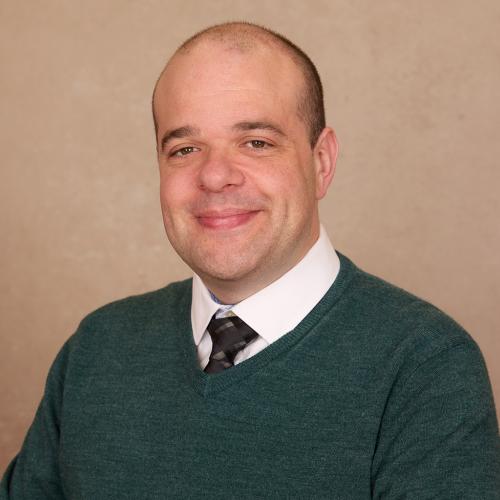Deep below the seafloor lives an incredibly complex world of microorganisms, as mysterious as it is extensive. The study of these microbes is relatively new—less than two decades old—and spurred by early hypotheses about their potential scale and impact as well as ongoing technological developments. Today, the field of deep subseafloor biosphere research relies on scientists with expertise in a range of specialties, such as microbiology, oceanography, bacterial genetics, and biochemistry. Their work is conducted not only in traditional laboratories but also at sea.
How does complex research take place under these circumstances? What infrastructure supports, or could support, large-scale interdisciplinary scientific research? Assistant Professor Peter Darch is investigating questions like these in collaboration with colleagues at the University of California, Los Angeles (UCLA) Center for Knowledge Infrastructures.
With support from the Alfred P. Sloan Foundation, the team is examining scientific collaborations that focus on the deep subseafloor biosphere as case studies of large-scale, interdisciplinary research. Darch and his colleagues visit scientific laboratories and conduct interviews with researchers to determine how scientists share information and preserve it for long-term access across disciplines; how scientists assess the reliability of data from other disciplines; how knowledge products are developed by scientists working in distinct disciplines; and how infrastructures are developed to support this kind of work.
Darch is also exploring how data standards and knowledge infrastructures facilitate trust between scientists who may never meet face to face and often are unable to witness the collection of the data on which they rely.
“In science today, people increasingly have to accept what they can’t see,” said Darch, referring not only to data sharing within collaborations but also to the proliferation of open data, accessible by scientists and the public alike. Open data varies in the availability of metadata regarding collection methods.
One large, collaborative project studied by Darch is the Center for Dark Energy Biosphere Investigations (C-DEBI), which is a ten-year, National Science Foundation-funded Science and Technology Center that researches life beneath the seafloor. Scientists affiliated with C-DEBI are distributed across more than forty institutions globally, and data for their work comes primarily from four field sites around the globe.
Darch spent eight months in a C-DEBI research lab, observing the processes used by scientists. He also conducted dozens of interviews to better understand how scientists from different disciplines work together to turn data into actionable knowledge.
“Spending time in the laboratory has been really important for gaining a very fine-grained understanding of the choices scientists make on a day-to-day basis about what data to collect, how to go about collecting those data, and how to record and store data. Further, I’ve also been able to see how scientists negotiate decisions across disciplinary boundaries as they work with collaborators,” said Darch.
In this work and other case studies, Darch observed significant variation in dataset production methods, even between scientists sharing laboratory space. The consequences are compounded as information is shared, reshared, and repurposed for additional unrelated studies, making data increasingly difficult to use reliably. This situation highlights the importance of thorough recording of methods and preservation of metadata throughout the data lifecycle.
Ultimately, Darch’s research will lead to recommendations for policies that will encourage increased collaboration across scientific disciplines and streamline the collection and sharing of data across and between projects. “We’re challenging the current models of what it means for scientific research to be interdisciplinary in a world where boundaries between experts are more fluid than ever before,” said Darch.
Darch joined the iSchool last year after completing postdoctoral research at the Department of Information Studies and the Center for Knowledge Infrastructures at UCLA. His research interests include citizen science, information infrastructures for science, sociotechnical challenges to scientific data curation, and material politics of scientific collaboration. He is particularly interested in profound changes in the organization and conduct of contemporary scientific research that result from the interaction of technologies.
